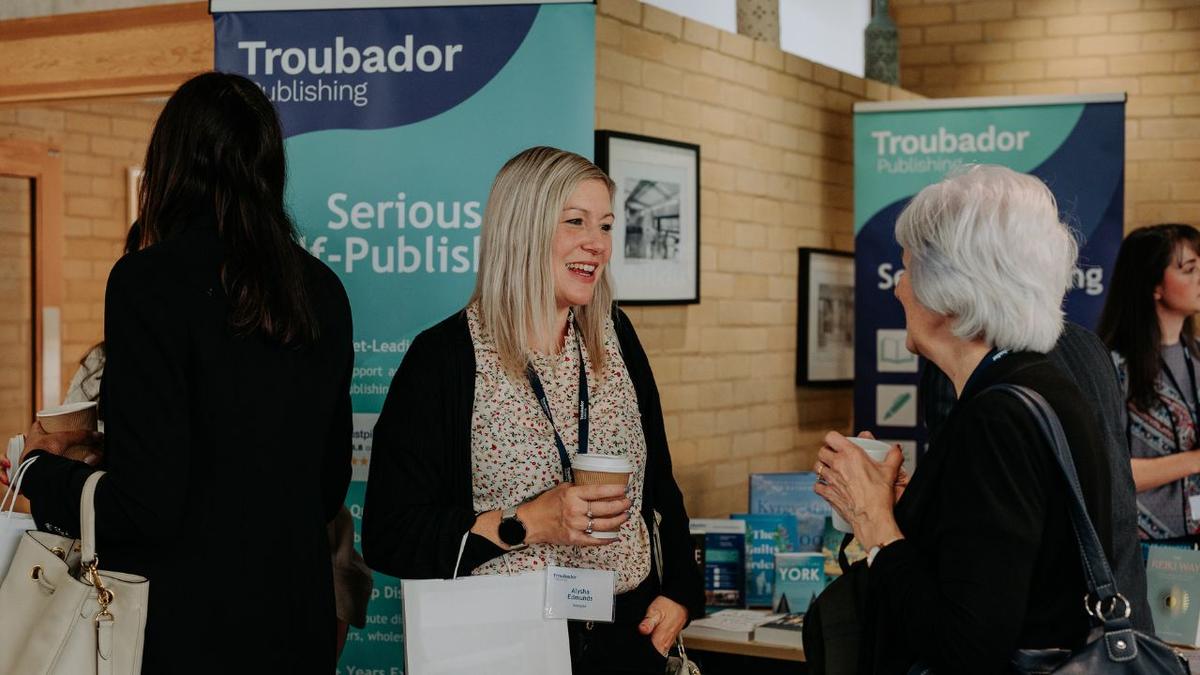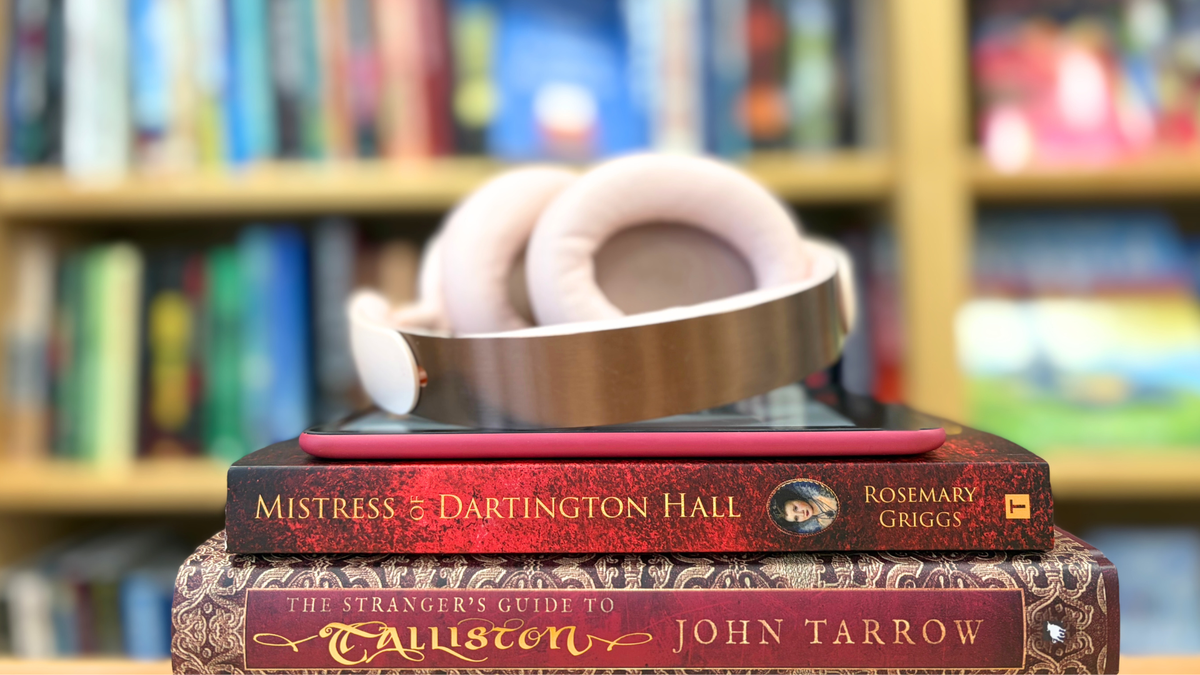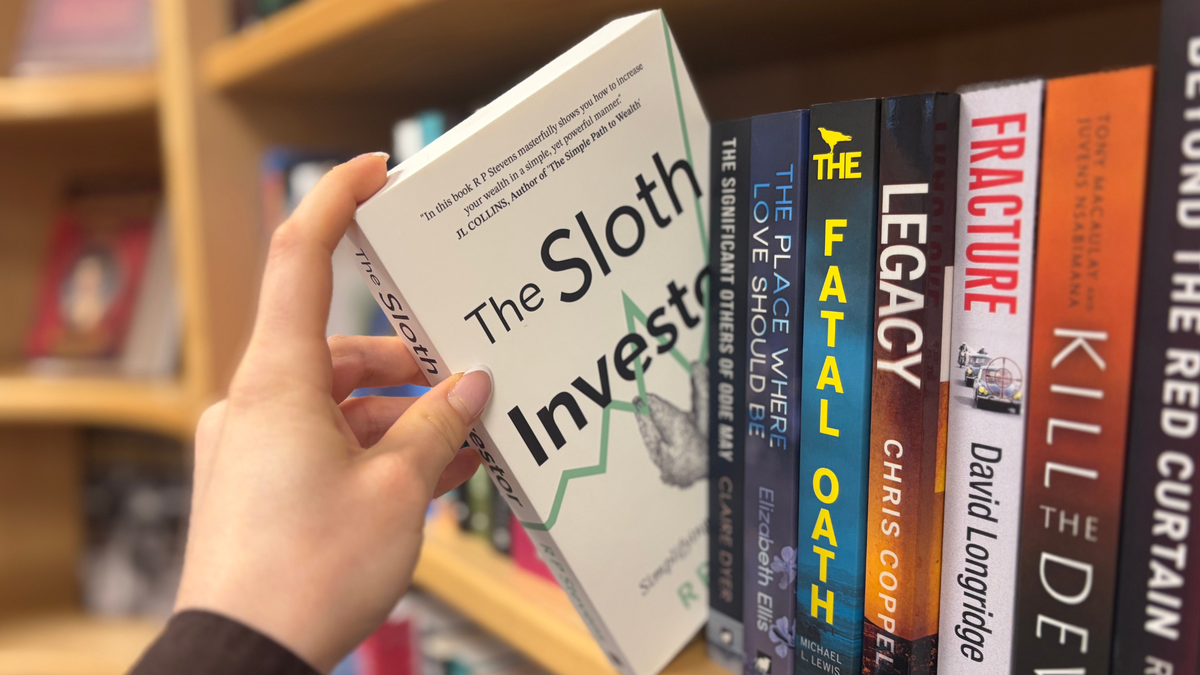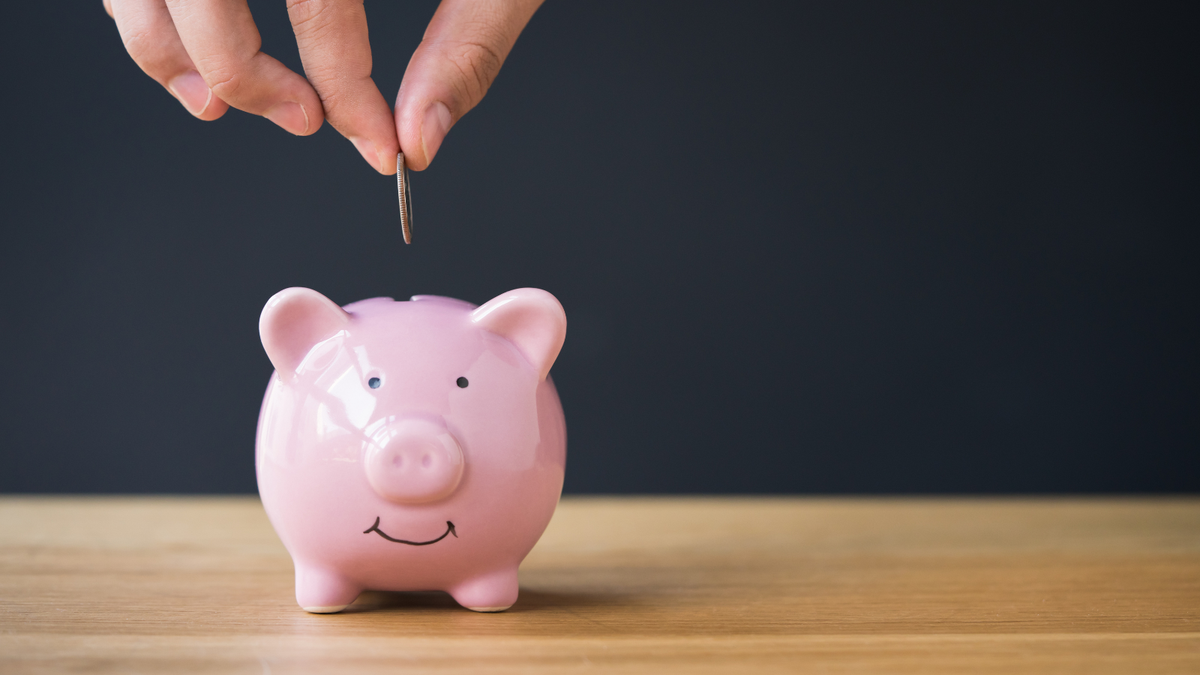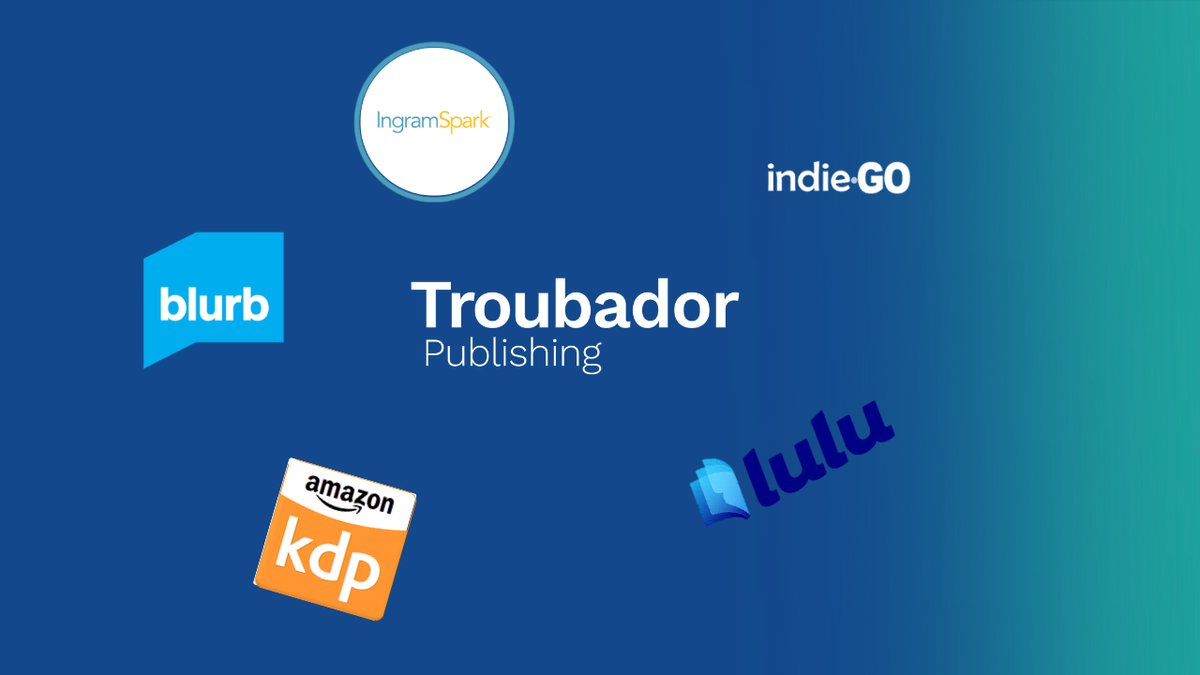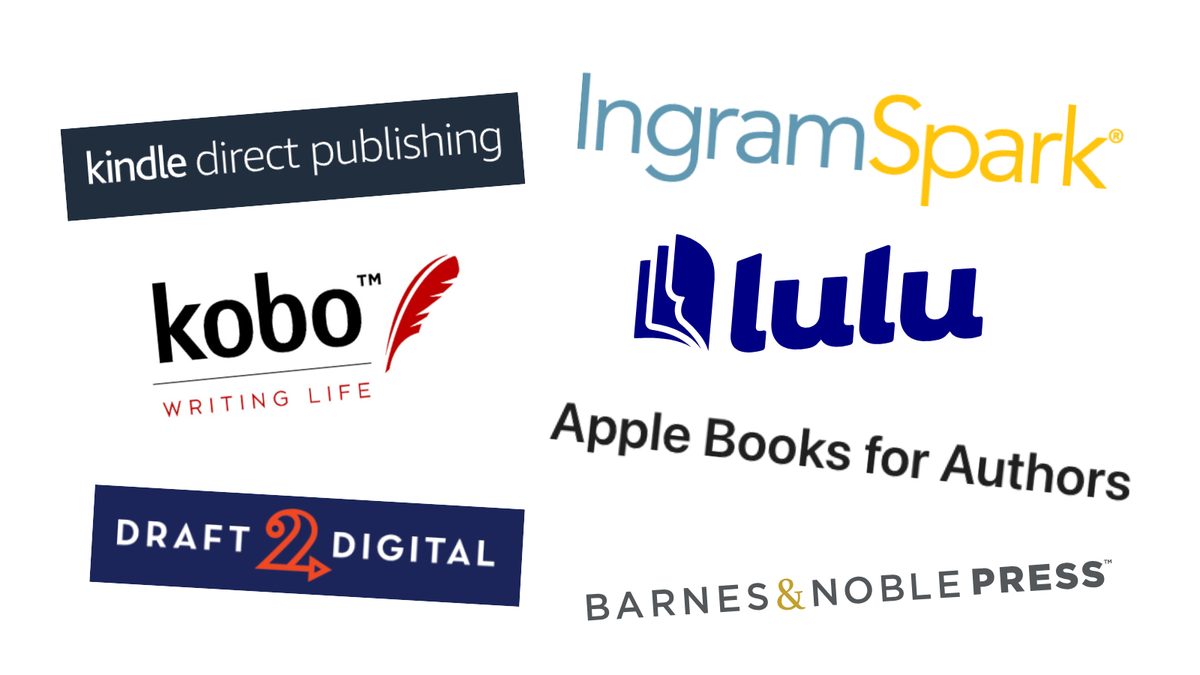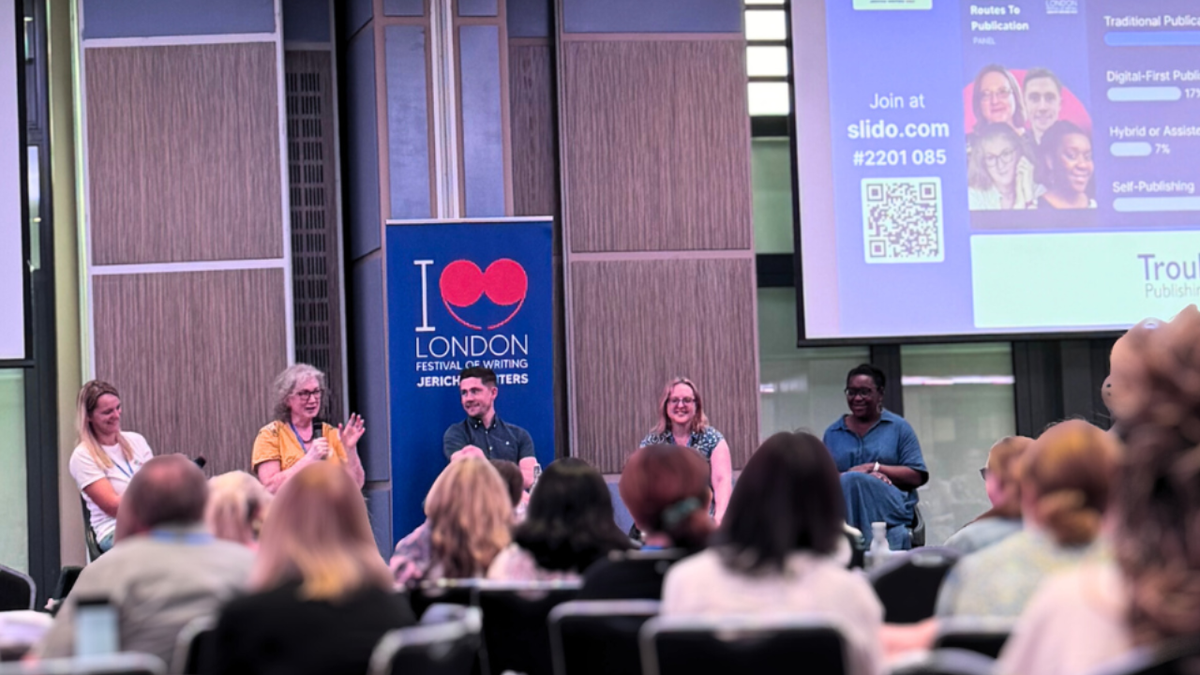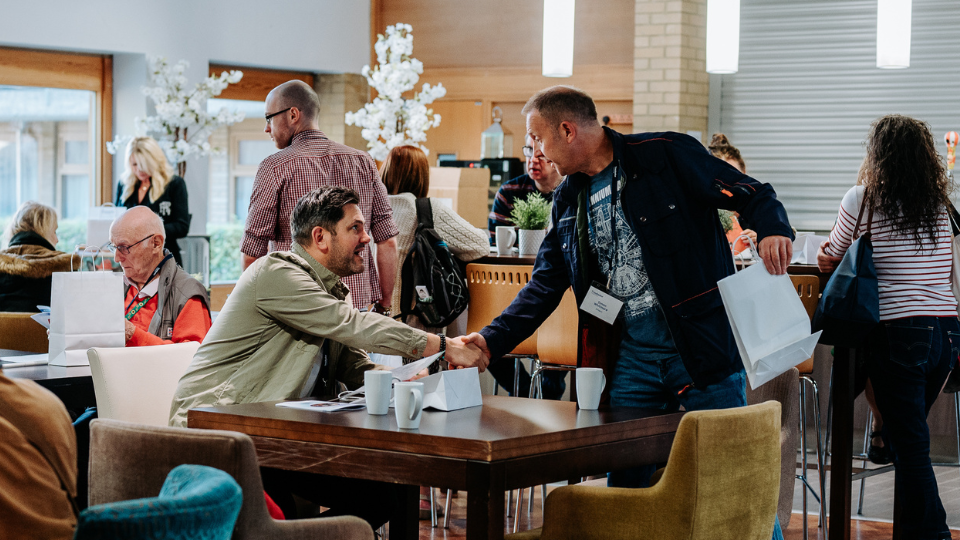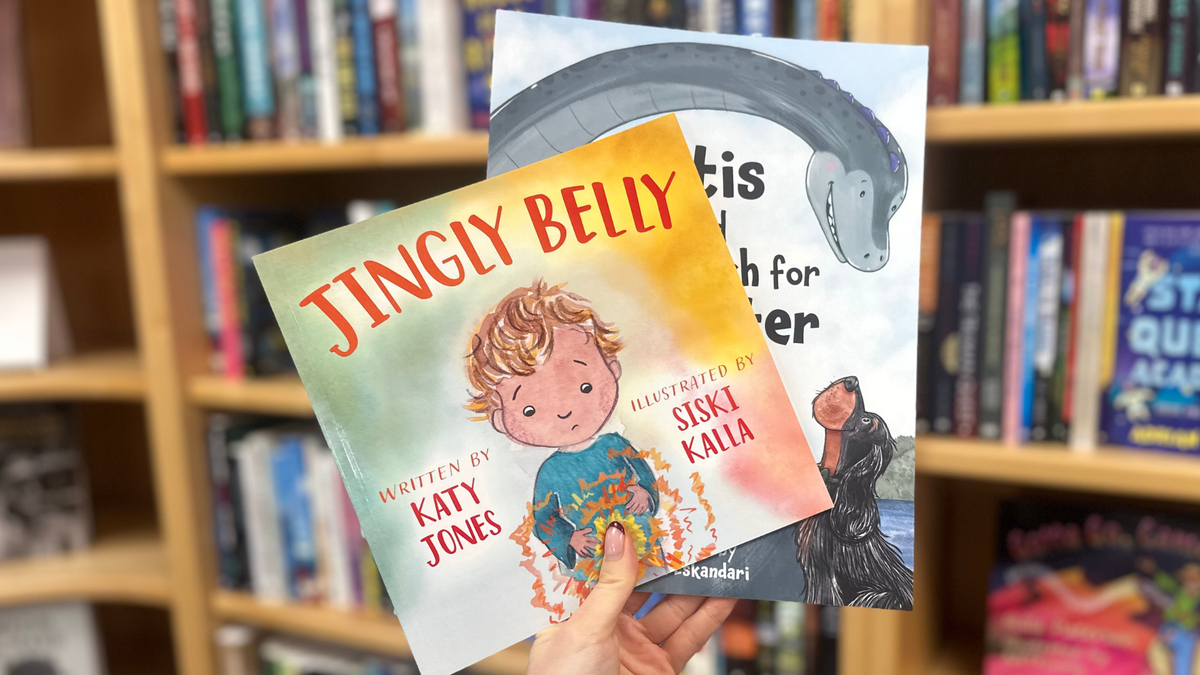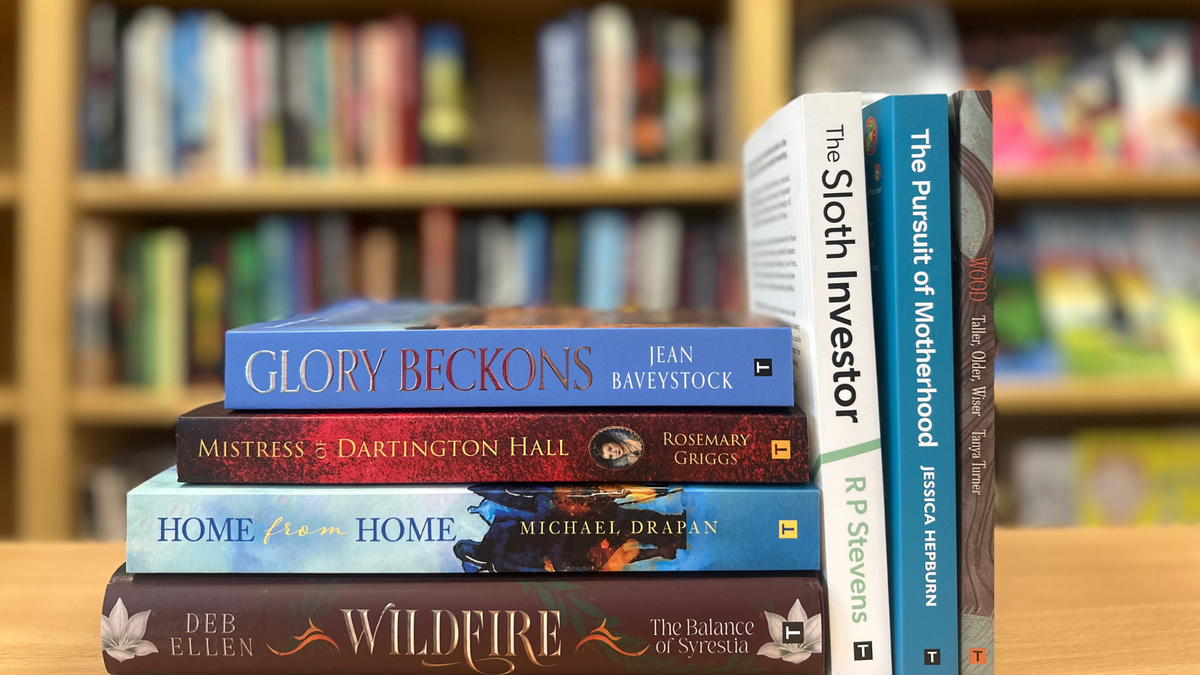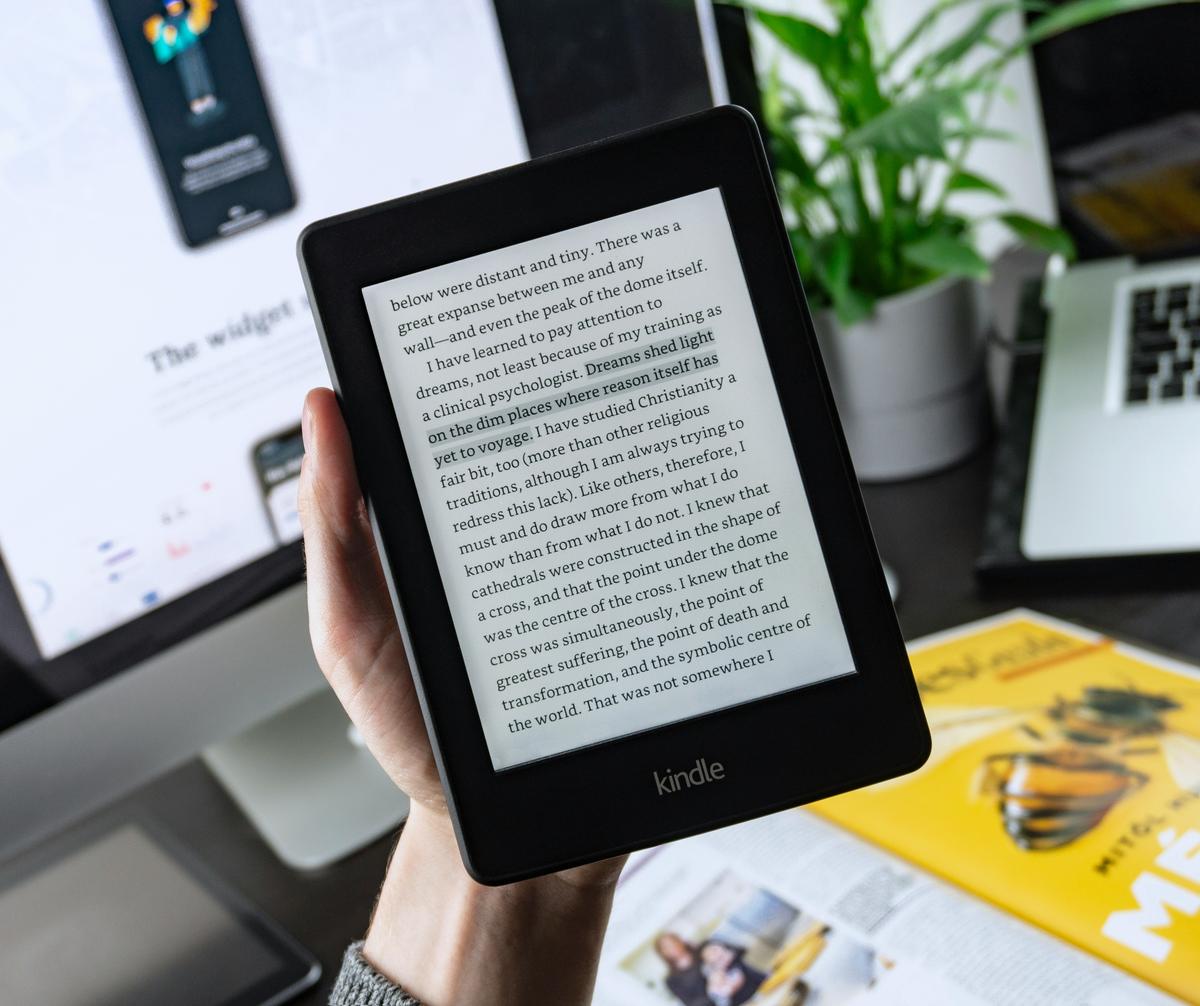
13th July, 2021
6 min read
Self-Publishing - How to Promote Your Book by Justin Newland
Written by:
Troubador Publishing
I’m Justin Newland, I write epic fantasy and historical fiction, that’s ‘history with a supernatural twist.’ I’ve written four novels, all self-published through Troubador. This blog has some tips on how to promote your paperback and focuses on how to get your book(s) on the shelves of your local bookshop, in particular the WHSmith stores in your region. In the last two years, I’ve sold hundreds of copies of my books through WHSmith, mostly through face-to-face book signings. This is far more than through any other avenue of sale.
The Preparation You’ll need a good stock of your books at home. For marketing purposes, design and print some bookmarks for each of your books. You’ll need some form of transport, time on your hands, and some finances. Also, you’ll need oodles of charm, patience and sterling self-confidence.
The Approach As the pandemic (hopefully) nears the end, bookshops are desperate to get folks back browsing the shelves. Signings promote their store, increase their sales, and show that they are supporting local authors. On the day of the signing, they give their staff something different from their normal routine – namely, a local author to engage with. I tried book signings at independent bookshops as well as Waterstones, but in the end focused on WHSmith because they have a wide network of local stores, and seem quite willing to offer their facilities to local authors. I tend to stretch the meaning of local here because I am prepared to do signings in stores up to two hours' drive away from where I live.
Getting the Signing My first WHSmith book signing was in my local store. The manager was friendly and supportive. I went to meet him in person. Bookshops get a lot of local authors wanting to do signings, or have their books on their shelves, and are wary of books of poor print and/or editorial quality. So, bring along a sample copy of your book(s). We arranged the date of the signing, and discussed marketing possibilities – radio and newspaper outlets – and I went away and drafted a poster and a Press Release. Once he’d approved them, I sent them out to the media outlets. Some responded, some didn’t. If you can’t go to the store in person, then telephone. Find out the manager’s name and speak to him/her personally. It’s important to be clear with the store leader that the books are provided by you on a sale-or-return basis – which is why you need the stock of books. You are not expecting them to buy the books from you upfront. More about the finances later.
Promoting the Event in Store Once you’ve agreed on the signing date and the poster design, get the posters printed. I use a local printing company to print two A2 size glossy portrait prints (although the store may want different sizes). You’ll have to pay for those out of your own pocket, but it shows the store you are serious about the event. I then print two A4 portrait and two A4 landscape copies of the poster on my home printer and alongside the A2 poster, give them all to the store a couple of weeks before the date of the signing. Invest in a pack of glossy A4 paper to make the posters look professional. A designer created the background for the posters on a document in Microsoft Word using the covers of my novels. Ask the store leader/manager if they are willing (and they usually are) to take a stock of your books prior to the signing. Two or three of each title is enough. With the books, the bookmarks and the posters, the store can create a display promoting the event.
Marketing the Event All bookstores want a successful signing. Just like you do. But they also want it hassle-free. That means they do as little as possible, and that’s why you have to do more to promote it. The Press Release I use is one page only, with a thumbnail image of the cover of the book I’m promoting at the event. The local magazines and newspapers may want to write an article about you, or they may just insert a line or two in their ‘What’s On’ section. Have a good high-resolution picture of yourself available, as the newspaper often asks for one to supplement the article. Radio interviews are good fun. They used to ask you to attend their studios, but during the pandemic, they do interviews over the phone. Local BBC radio stations as well as local community-based radio stations are always interested in local events, so email them your Press Release and the poster. Leave a phone number as they like to call you as well. Meeting local press and radio people is not just about a single event, because you may over the course of months and years contact them again and again. So you’re building relationships and networks of contacts. The same comment applies to the manager and staff at the local bookstore. You can also ask local libraries, cafes and community outlets to put up the posters on their notice boards. Create the event on Facebook and other social media outlets. Promote it via local Facebook interest groups, such as ‘What’s On in Your Town’ type groups.
The Signing Ideally, the signing chair and table need to be near the store entrance. That way, you can meet or engage with as many people as possible. Place your books and bookmarks in an attractive display on the table. As people pass by, say something like, ‘Good morning. I’m doing a book signing. Can I tell you about my books?” If they show an interest but don’t buy a book, offer them a bookmark. You never know if they are going to come back later or purchase a book online. Some folks like to take photos of the book. Saturday mornings tend to be the busiest periods in a bookshop – particularly WHSmiths. Generally, I arrive around 10 a.m. and stay until 2:30 or 3 p.m., unless it continues to be busy. In all stores, people pay for your book at the till, they don’t pay you. Keep a record of the books sold, and if any were sold prior to the signing day. With WHSmith, they have a particular code they use at the till to denote ‘Local Books.’
At The End of the Signing Reach an agreement with the store on the total number of books sold. They can check their records. Ask the store if they are happy to keep your books on their shelves. If so, check back every three months or so to see if they have sold any, and if they have, replenish the stock and invoice Head Office for the amount.
Finances Although commission rates do vary, these are the rates I’ve come across. • 30% Indie bookshops • 40% WHSmith, Waterstones • 50% Local Museums • 60% Amazon Then you take the rest. For example, once you’ve done a signing with a WHSmith store, prepare an invoice for the gross sales less their commission. and email it to the local store manager. Once you’ve got his/her agreement that the gross/net amounts are correct, send it to WHSmith Head Office. If, like me, you’re going to do a lot of signings, it helps to get a supplier account code with WH Smith. Ask their Head Office how to do this.
Follow Up When you are talking to the manager during the signing, ask them about other stores in their remit, and the names of the managers in the other stores, and ask their advice on which other stores would be suitable to do other signings. Then follow those up. If the signing is successful, ask to come back again in a few months’ time. Also, try and get booked in for December which can be a bumper time for sales when people are looking for gifts for Christmas. A friend of mine who worked in Waterstones reckoned that an unknown author would do well to sell three books in one signing. Once, I did a signing in which I sold no books. By contrast, my best signing was 23 books in one day. I appreciate that signings on a one-to-one basis are not for everyone, and they are an acquired skill, a bit like writing, I guess. You do have to have the confidence to do it, or the drive, or both. Good luck with your venture.


